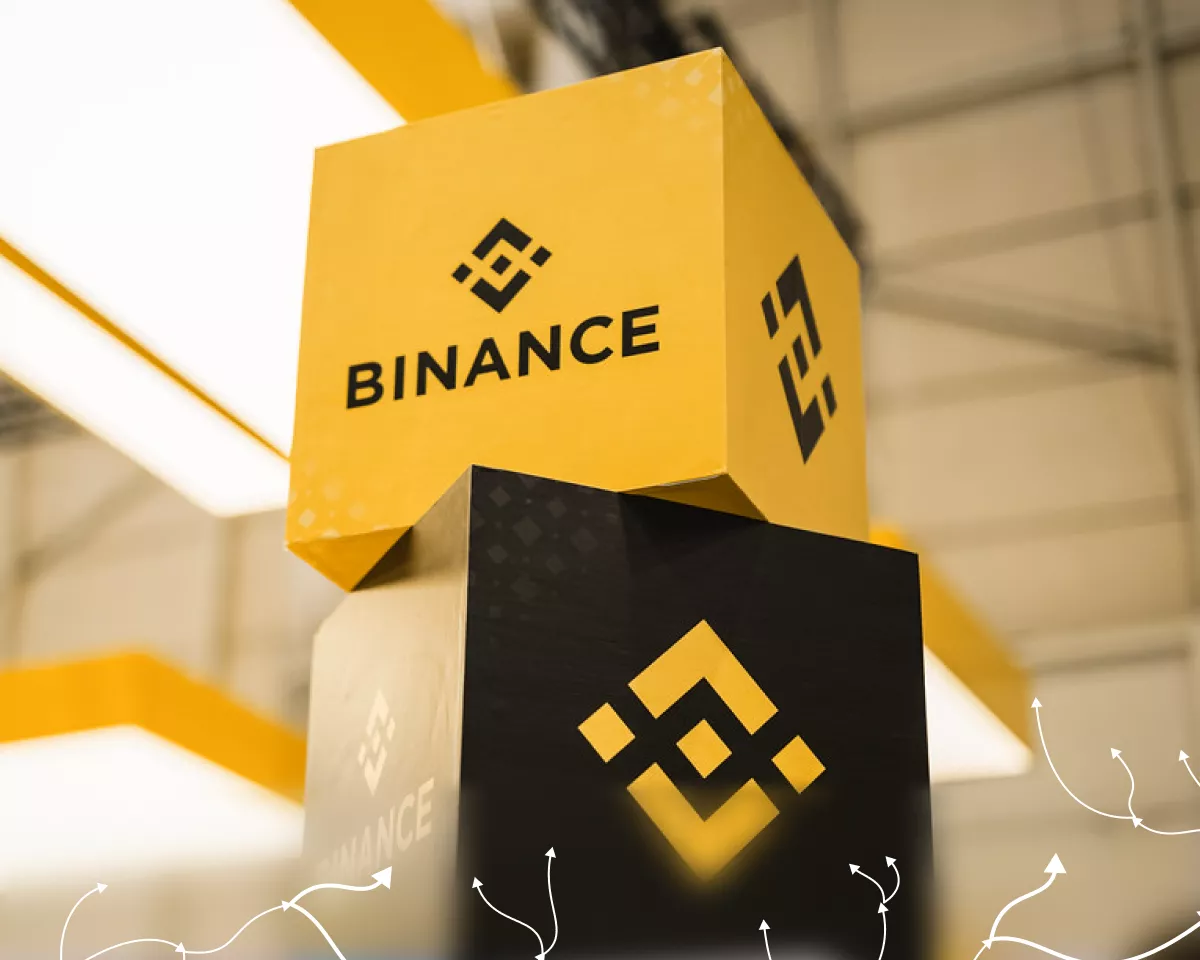
The post Decentralized Funding Ecosystems Are the Future of the Crypto Venture Capital (VC) Market appeared first on Coinpedia - Fintech & Cryptocurreny News Media| Crypto Guide
The crypto ecosystem has burgeoned into a trillion dollar market, having attracted both retail and institutional investors over the past decade. Most notably, the amount of Venture Capital (VC) funds trickling down into this nascent space has increased significantly following the emergence of Decentralized Finance and Non-fungible tokens (NFTs). According to research by Galaxy Digital, VCs invested over $33 billion into crypto startups in 2021.
It is also noteworthy that crypto VC valuations were 141% higher than the average figure across the entire Venture Capital space. This growth can be attributed to several factors, including a founder-friendly environment and the underlying potential of emerging crypto niches. As it stands, over 40 companies that landed lucrative VC deals in 2021 have since grown into unicorns (their valuation is past the $1 billion mark).
While the crypto VC space is clearly thriving, it is currently dominated by a handful of players, most of whom have the first mover advantage in potential seed rounds. These VCs mostly comprise close knit communities and high networth individuals, leaving out the average crypto investor. In most cases, the latter group has minimal access to life changing opportunities, given that they have to wait until tokens are listed in secondary markets.
Should this really be the case in an ecosystem where decentralization is touted as the primary value proposition? Ideally, the crypto VC market should be a fair playing ground for anyone interested in the digital asset economy. The narrative ought to shift from over reliance on VC funding to a more retail-driven industry. After all, the failure of big hedge funds such as Three Arrows Capital in recent months has shown that VCs could do more harm than good.
“I wish they could rank VC firms by whether they engaged in quick flips — so founders are aware if they are really dealing with a VC or more of a hedge fund.” noted Mark Lurie (a VC turned Web3 founder) in an interview with Cointelegraph Magazine.
Decentralization Meets Venture Capital (VC)
By now, you have probably come across the concept of Decentralized Finance (DeFi), a new paradigm of financial markets built on blockchain technology. While DeFi has only been around since the summer of 2020, the two years have marked a period of tremendous growth. Today, over $87 billion is locked across various DeFi protocols that offer a range of products, including lending & borrowing, DEX and derivatives trading.
What if the crypto VC market pivoted to DeFi protocols? This means creating decentralized protocols where investors do not have to go through a third party to get an exposure in early stage crypto projects. Instead, one can simply use their non-custodial wallet to interact with DAO governed VC platforms where executions rely on pre-coded smart contracts. This would bridge the gap between retail crypto investors and early investment opportunities.
Luckily, some Web 3.0 innovators are taking the initiative to address the shortcomings in the current crypto VC market. Unlike in the past where centralized VCs had the advantage, it is now possible to participate in Initial Dex Offerings (IDOs) on a decentralized launchpad such as Polkastarter. This IDO launchpad allows Web 3.0 projects to create multi-chain token pools where anyone can invest regardless of the capital status or reputation.
Besides IDO launchpads, we have DAO-governed Web 3.0 VCs such as Hectagon Finance where retail investors can directly tap into early stage opportunities. The project is set to launch its native token $HECTA on August 8, enabling prospective crypto investors to contribute to its treasury. These funds will be used to buy private/seed tokens from promising projects based on the DAO’s expertise and investment strategy.
With Decentralized VC platforms in place, retail crypto investors not only have an opportunity to participate in funding rounds but also have a say in the ecosystem development. This means that stakeholders will be held accountable by the community instead of an ‘internal risk team’, which in most cases is biased. That said, it is a no-brainer that we are heading to the decentralization era where permissionless protocols will be at the centre of modern-day finance.
“Financial institutions today don’t typically engage with permissionless digital assets, because of their unregulated status and anonymity… But many financial institutions, central banks, market infrastructures, and others including SWIFT are experimenting with digital assets – particularly CBDCs and tokenized assets.” previously noted SWIFT’s Chief Innovation Officer Tom Zschach.
Closing Thoughts
As mentioned in the introduction, the crypto VC market is currently thriving despite the recent shake off that saw the liquidation of some prominent firms. However, in its current state, retail investors have to deal with the risk of being dumped on by centralized VCs who get access to seed stage rounds. This should not be the case, stakeholders ought to consider the possibility of moving to a decentralized VC ecosystem where opportunities will be available in equal measure.

 3 years ago
160
3 years ago
160














 English (US) ·
English (US) ·